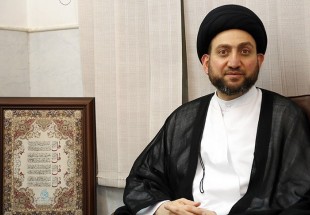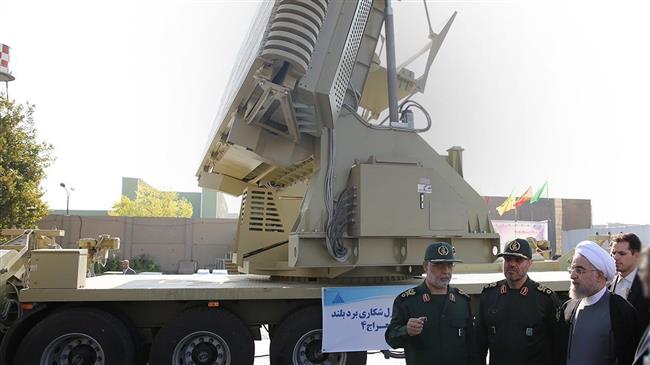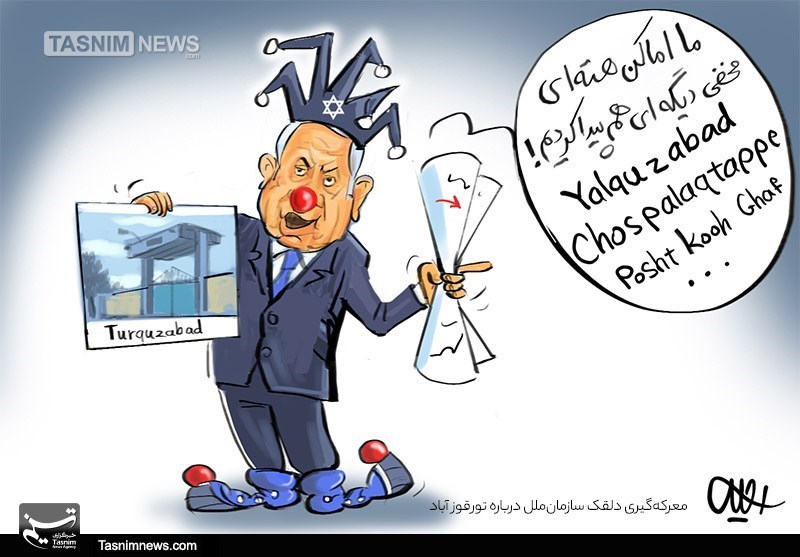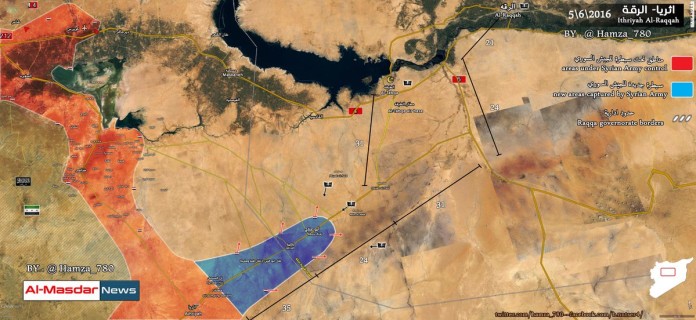FM: Iran to continue strongly supporting Lebanon’s govt., nation
Iranian Foreign Minister Hossein Amir-Abdollahian has highlighted the country’s close and friendly relations with Lebanon, emphasizing that the Islamic Republic will continue to strongly support the Lebanese government and nation.
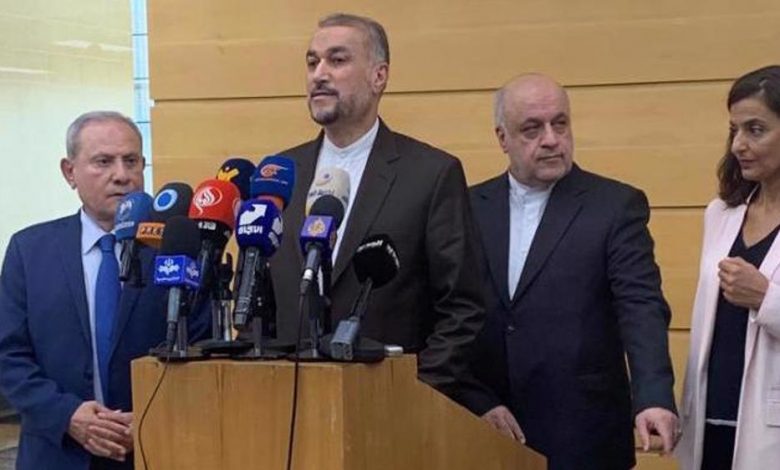
Addressing reporters upon arrival at Beirut–Rafic Hariri International Airport on Thursday afternoon, Amir-Abdollahian said Tehran desires nothing other than welfare, stability and peace for Lebanon.
The top Iranian diplomat went on to call upon all Lebanese political factions to break a political deadlock that has gripped the country for months, and pick a replacement for former President Michel Aoun, whose term ended in October, through dialogue and understanding.
Amir-Abdollahian said he will discuss the matter during meetings with high-ranking Lebanese officials. “Naturally, the Lebanese people and authorities themselves should decide on the election of a president.”
“We expect all regional and extra-regional countries to help improve Lebanon’s situation within the framework of comprehensive economic and commercial cooperation,” Amir-Abdollahian said.
He said Iran has always been wishing the best for the Lebanese government, nation, army and Hezbollah resistance movement.
Elsewhere in his remarks, the Iranian foreign minister pointed to his recent trip to Saudi Arabia, highlighting that Saudi authorities have hinted at positive and constructive measures in order to improve the status quo in Lebanon.
“We invite all countries to help and cooperate economically with Lebanon. The Islamic Republic of Iran will continue to strongly support Lebanon,” Amir-Abdollahian said.
Lebanon’s presidency has seen stalemate several times since the 1975-1990 civil war. The country has also had only a caretaker government since May.
The Arab country has been mired in an economic crisis that the World Bank has dubbed one of the worst in recent history, which comes amid crippling sanctions imposed by the US and its allies.
The Lebanese pound has lost more than 95 percent of its value on the black market since 2019.
According to the United Nations, the financial crisis in Lebanon has caused poverty rates to reach more than 80 percent of the population, and food prices have risen by an astonishing 2,000 percent.
Creditors under the US influence such as the International Monetary Fund (IMF) have conditioned the release of billions of dollars in emergency loans to specific reforms, which many observers believe would make the country dependent on the West.
